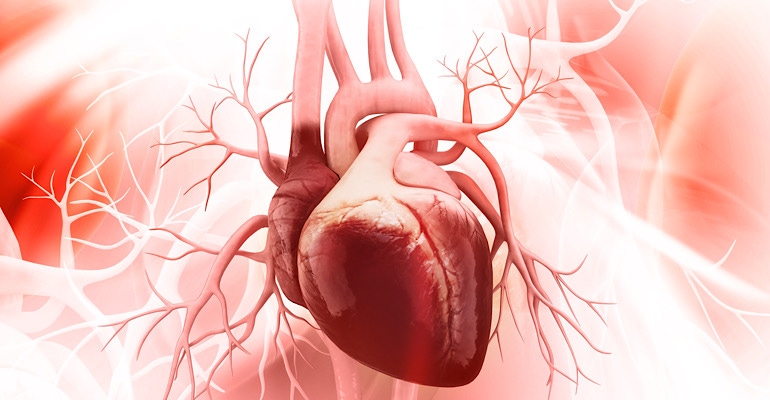Finally, a Ready-to-Implant Device for a Complex Heart Surgery
FDA approved Edwards Lifesciences' Konect Resilia aortic valved conduit, the first pre-assembled solution for Bentall procedures.
July 15, 2020

Cardiovascular surgeons who use bovine tissue valves for Bentall procedures no longer need to spend valuable operating room time manually assembling a valve with a conduit in the operating room. Bentall procedures are a complex heart surgery that involves replacement of a patient's aortic valve, aortic root, and the ascending aorta.
Edwards Lifesciences said FDA approved its Konect Resilia aortic valved conduit, making it the first pre-assembled option for surgeons using bovine tissue valves for Bentall procedures. Konect is the Irvine, CA-based company's latest innovation in its Resilia tissue platform. Edwards touts this platform as incorporating "integrity-preservation technology that may help improve valve durability." The Resilia tissue technology also allows devices to be stored under dry packaging conditions, making it easier to use while treating patients.
"The Konect device represents a meaningful advancement that offers surgeons a pre-assembled device with two leading technologies, which can streamline treatment for patients requiring this complex and technical procedure," said Joseph Bavaria, MD, vice chief of the division of cardiovascular surgery at the University of Pennsylvania (Penn Medicine). Bavaria is also a paid consultant for Edwards.
Daveen Chopra, a corporate vice president at Edwards and leader of the company's surgical structural heart valve business, noted in a company press release that patients undergoing a Bentall procedure are typically younger than 60. So the Konect device with the Resilia tissue "might provide extended valve durability for a more active patient population," he said.
Up to 30% of Bentall heart surgery cases are performed in an emergency setting
According to Edwards, these procedures are performed when patients with valve disease experience a combination of issues with the aorta, including:
Aneurysm, a bulging in the aorta that can be life-threatening if it ruptures. Bicuspid aortic valve disease is the leading cause of aortic aneurysms.
Regurgitation, the leakage of blood backwards into the heart due to the leaflets of the valve not closing properly.
Separation or tears in the walls of the aorta.
Marfan's syndrome, a birth defect in connective tissue that weakens the aortic wall.
Edwards is 'still very focused' on heart surgery
Edwards Lifesciences has become so well known in the past decade for its leadership in transcatheter valves, that it's sometimes easy to overlook the company's innovative strides in the surgical valve space. But, as Chopra told MD+DI during an interview last year, the company is "still very focused on surgery, even as transcatheter keeps growing like crazy."
In 2019, results from Edwards' COMMENCE study showed that bioprosthetic surgical aortic valves featuring the Resilia tissue platform continued to demonstrate favorable safety and hemodynamic performance through a median of four years follow up, with no events of structural valve deterioration. The study enrolled 694 patients and 144 of them (21%) were younger than 60 when they had surgical valve replacement.
About the Author(s)
You May Also Like



.png?width=300&auto=webp&quality=80&disable=upscale)
